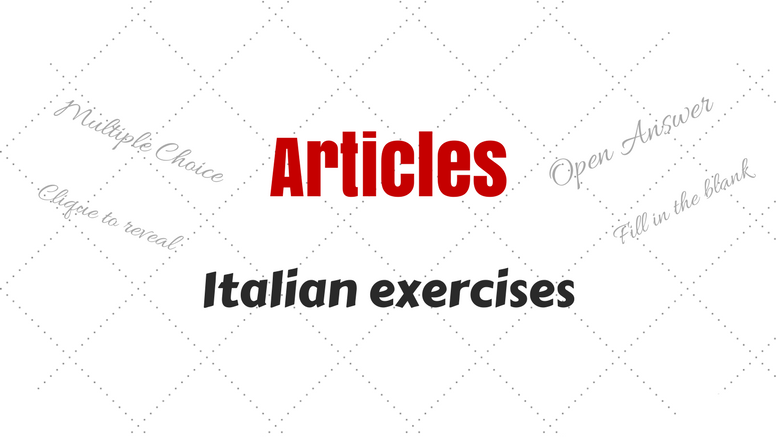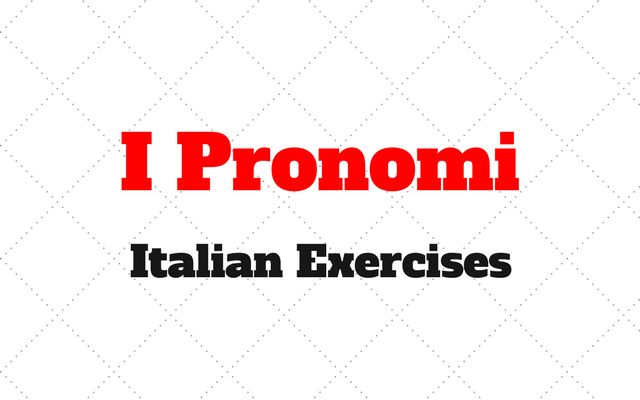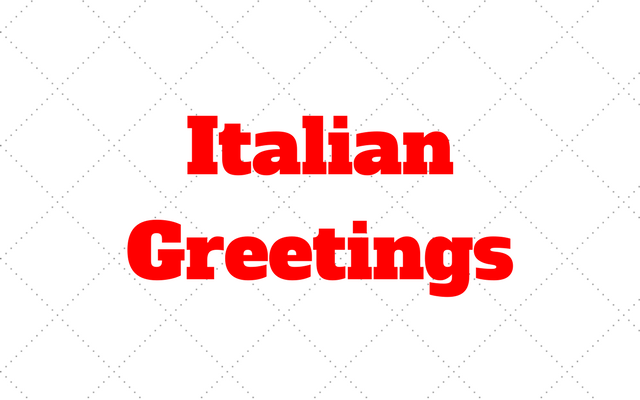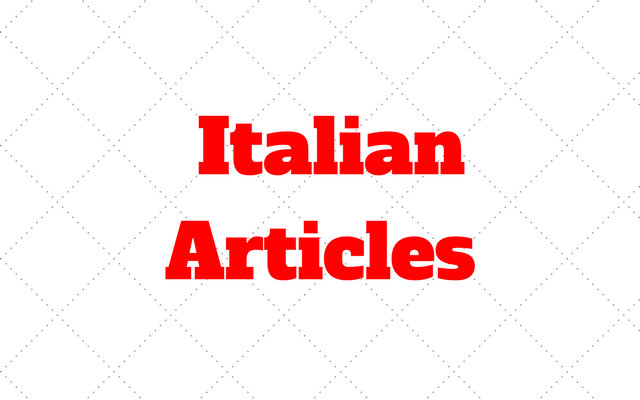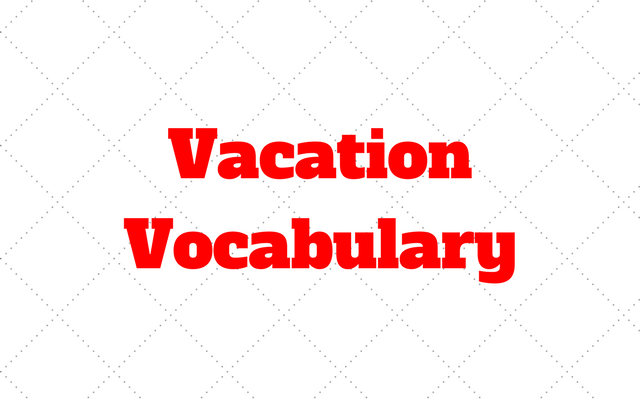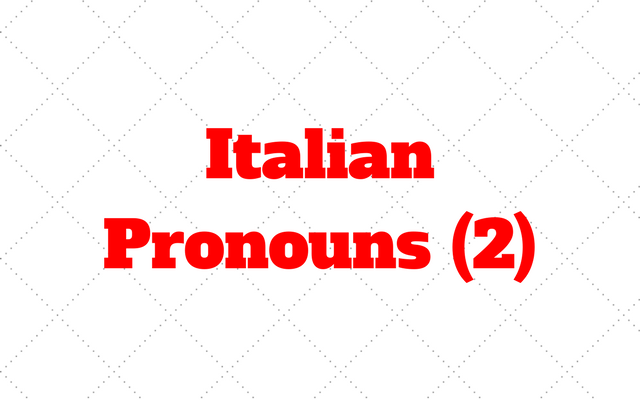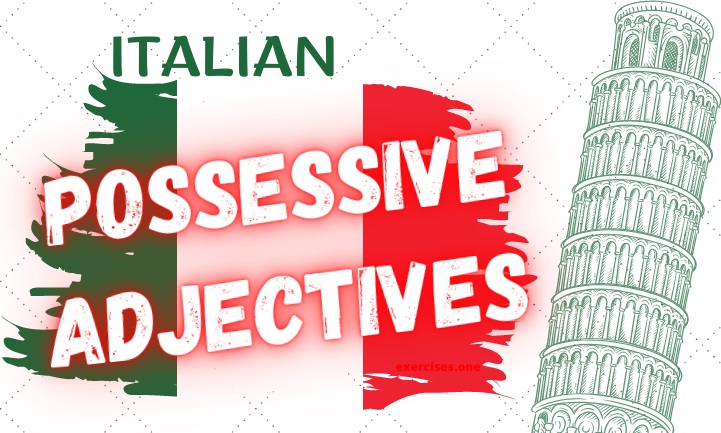
Ciao, caro studente! As we continue to explore the beautiful Italian language, today we will focus on a crucial grammatical aspect: possessive adjectives (Aggettivi Possessivi).
These words are used frequently in daily conversation and are essential to describe ownership or relationships. We’re going to dive deep into understanding, forming, and using them in various contexts.
Let’s begin by putting sentences in the correct order, translating phrases into Italian, and practicing your vocabulary. We will then practice writing sentences that include these adjectives and formulate questions for given answers.
Remember, learning a language is about practice and immersion. So, let’s immerse ourselves in the world of Italian possessive adjectives. Buon divertimento!

1) Put the Sentences in the Correct Order – Italian Possessive Adjectives
a) mio / il / è / padre / ingegnere / un
Il mio padre è un ingegnere.
2) Can you Translate these Sentences?
a) This is my house.
Questa è la mia casa.
3) Practice your Vocabulary of Italian Possessive Adjectives
a) My – Your (singular) – His
Mio – Tuo – Suo
4) Practice Your Writing by Translating these Small Texts Taking the Italian Possessive Adjectives into Consideration
5) About Italian Possessive Adjectives, Write the Obvious Questions to the Answers
a) Questo è mio fratello.
Chi è lui?
Eccellente lavoro, caro studente! You’ve done an incredible job with our lesson on Italian possessive adjectives. Remember that these adjectives are extremely useful when talking about things we own or relationships we have.
They can often replace the object or person in a sentence, making the conversation more fluid and natural. Remember to keep practicing what you’ve learned today, as practice is key to mastering a language.
Keep trying to incorporate these new words into your daily Italian conversations. Sono molto orgoglioso di te, continua così! Arrivederci e alla prossima lezione!



